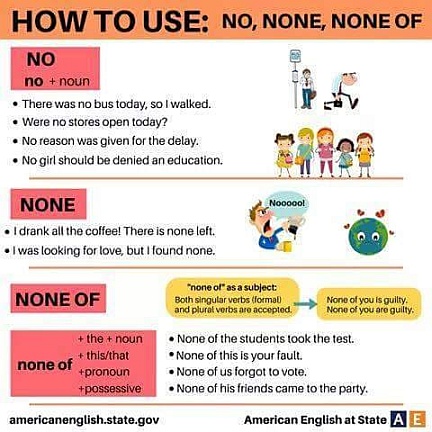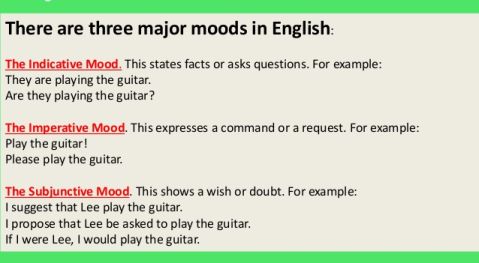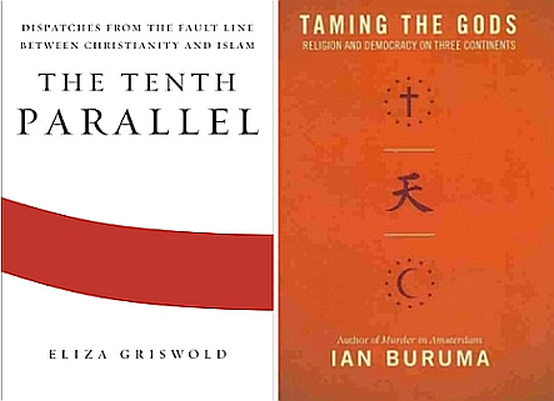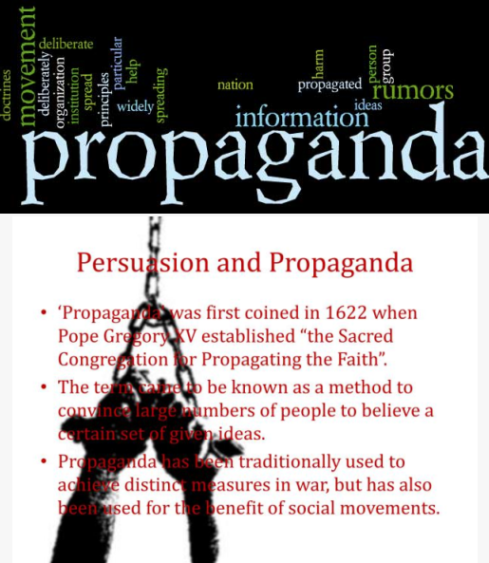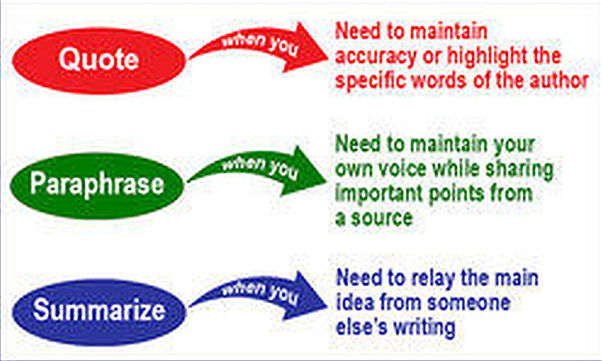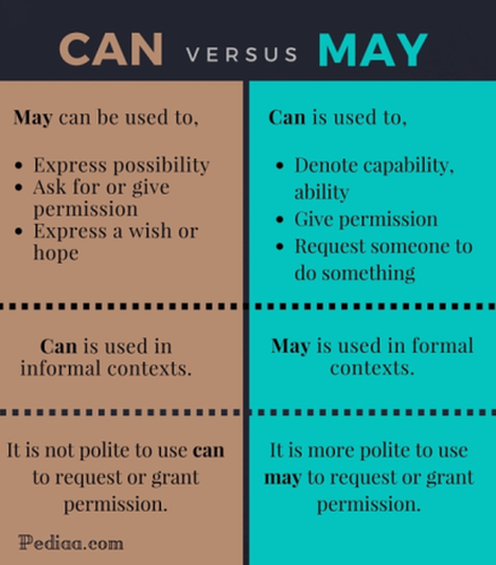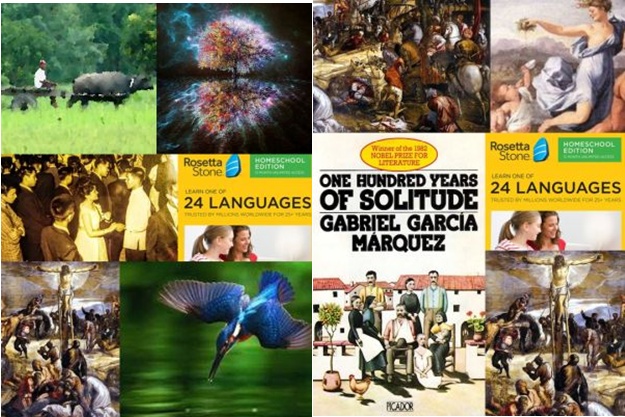31
Site Announcements / Playlist Update (February 10 - 16, 2024) for the Forum Gateway on Facebook
« Last post by Joe Carillo on February 14, 2024, 02:26:54 PM »PLAYLIST UPDATE FOR FEBRUARY 10 - 16, 2024 OF JOSE CARILLO ENGLISH FORUM’S FACEBOOK GATEWAY
Simply click the web links to the 15 featured English grammar refreshers and general interest stories this week along with selected postings published in the Forum in previous years:
1. Essays by Joe Carillo: “How to form our negative sentences correctly”

2. Use and Misuse: “Avoiding awful misuses of the English possessive”
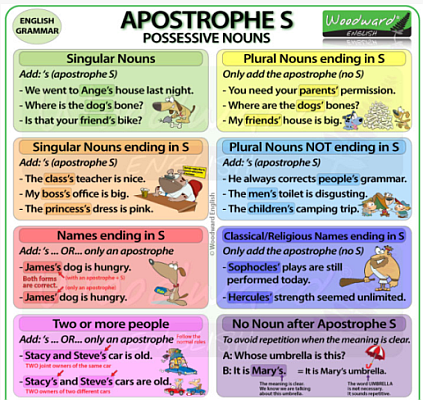
3. Going Deeper Into Language: “Subordinate clauses don't always play second fiddle to main clauses”
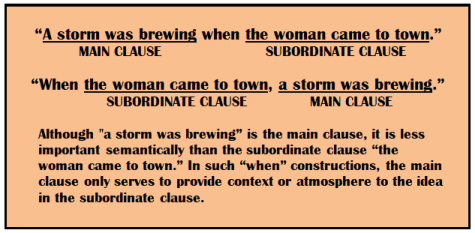
4. Use and Misuse: “Why legal documents are not in plain and simple English”


5. Essay by Jose A. Carillo: “The pause that refreshes”


6. Advocacy: “Bill Gates advocates environment-friendly subtitutes for animal fats in our food intake”

7. Your Thoughts Exactly: “The two hemispheres of me,” personal essay by Antonio Calipjo Go, Forum Contributor]

8. Essays by Joe Carillo: “The germ of a great idea remembered”

9. Getting to Know English Better: “Why some intransitive verbs appear to take an object”
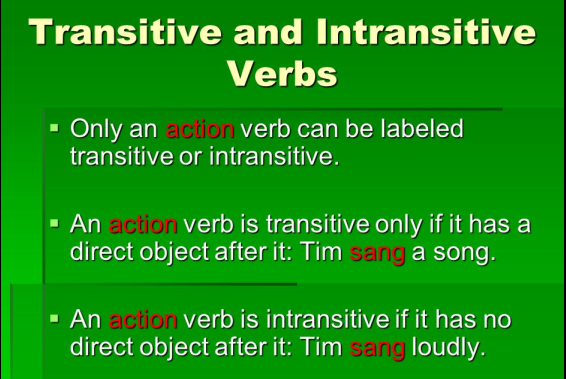
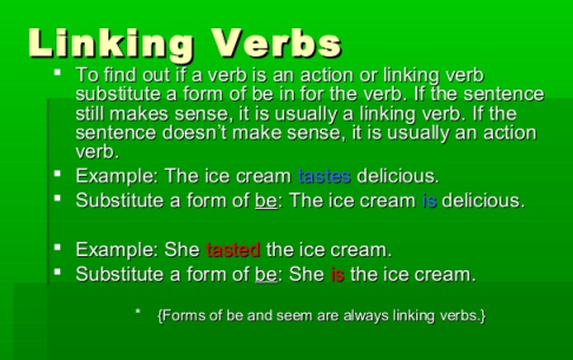
10. Language Humor at Its Finest: “A great stand-up comic’s thoughts about life and sundry things”

11. The Forum Lounge: “'Pun-ography' is wordplay to make you smile"

12. Time Out From English Grammar: “Even before the Enlightenment, Shakespeare already embraced science in his plays“

13. Advice and Dissent: “The Middle Ages weren’t just a time of long religious delirium and hysteria“

14. Students’ Sounding Board: “Dropping the introductory word 'that' in indirect speech”
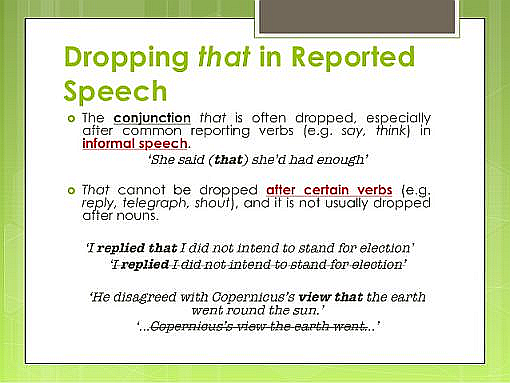
15. Readings in Language: “Travails with learning just a smattering of Latin” with a posting by Tonybau, Forum Member and Contributor

Simply click the web links to the 15 featured English grammar refreshers and general interest stories this week along with selected postings published in the Forum in previous years:
1. Essays by Joe Carillo: “How to form our negative sentences correctly”

2. Use and Misuse: “Avoiding awful misuses of the English possessive”

3. Going Deeper Into Language: “Subordinate clauses don't always play second fiddle to main clauses”

4. Use and Misuse: “Why legal documents are not in plain and simple English”


5. Essay by Jose A. Carillo: “The pause that refreshes”


6. Advocacy: “Bill Gates advocates environment-friendly subtitutes for animal fats in our food intake”

7. Your Thoughts Exactly: “The two hemispheres of me,” personal essay by Antonio Calipjo Go, Forum Contributor]

8. Essays by Joe Carillo: “The germ of a great idea remembered”

9. Getting to Know English Better: “Why some intransitive verbs appear to take an object”


10. Language Humor at Its Finest: “A great stand-up comic’s thoughts about life and sundry things”

11. The Forum Lounge: “'Pun-ography' is wordplay to make you smile"

12. Time Out From English Grammar: “Even before the Enlightenment, Shakespeare already embraced science in his plays“

13. Advice and Dissent: “The Middle Ages weren’t just a time of long religious delirium and hysteria“

14. Students’ Sounding Board: “Dropping the introductory word 'that' in indirect speech”

15. Readings in Language: “Travails with learning just a smattering of Latin” with a posting by Tonybau, Forum Member and Contributor



 Recent Posts
Recent Posts

